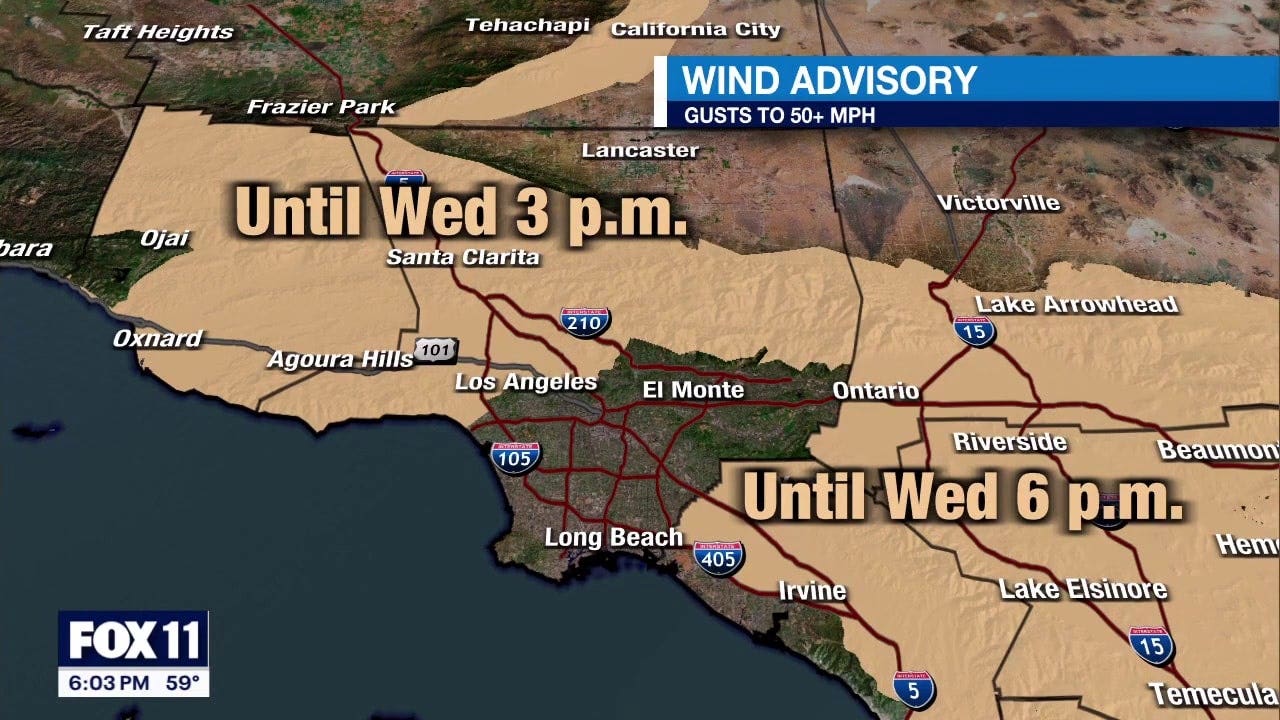Many people suffer from feelings of anxiety, depression and stress at different stages of their lives. These feelings are usually temporary and go away without significantly affecting their quality of life.
However, for some, these periods may be prolonged, leading to deep negative feelings that lead them to a state of complete despair about life, and make them question the purpose of their existence.
This shift in emotions can lead to profound existential crises that affect their ability to continue living, working, and socializing.
Existential crises have increased in the modern era with the increasing diversity of life paths, as life no longer follows a fixed pattern as it did in the past, and the multiplicity of available options puts people in a state of constant thinking about what is best for them, and excessive thinking may lead to falling into existential crises.
Existential anxiety appears during transitional periods in people’s lives when they feel the foundations of their lives are being shaken and they begin to question the meaning of their existence.
These crises are usually accompanied by a loss of a sense of security, such as marital separation, a university student moving away from home, or the death of a loved one.
Existential crises can also emerge as people age and enter new stages, such as their 40s, 50s, or 60s, as they begin to evaluate their achievements and question the meaning of their lives.
During these periods, some people may feel a discrepancy between what they are doing and what they had hoped to achieve, and these crises may push individuals to redirect their lives towards a path that enhances the compatibility between their ambitions and actions and achieves greater harmony between what they say and what they do.
Symptoms of existential anxiety
Existential anxiety differs from depression and pathological anxiety, as it refers to thoughts and feelings that are not classified as a medical condition that requires treatment. Unlike depression and pathological anxiety, which occur without an external influence, existential anxiety is often caused by one of the external influences mentioned above.
The most important symptoms of existential anxiety are feeling lonely all the time, having no meaning in daily life, and feeling unable to change anything in life. There are also some physical symptoms that accompany the feeling of existential anxiety, such as sleep disturbances, decreased appetite, lack of enjoyment of daily activities, lack of energy, and lack of desire to move, in addition to a decrease in the motivations that drive a person to live or achieve various goals.
Existential anxiety may sometimes appear in conjunction with other mental and psychological problems, such as depression, bipolar disorder, obsessive-compulsive disorder, and borderline personality disorder, which deepens the existential crisis.
In these cases, existential crises become part of the symptoms of a mental or psychological disorder, and may develop into what is known as existential depression.
The most prominent symptoms of this type of depression include a constant feeling of hopelessness, difficulty finding meaning in life, and constant preoccupation with unanswered questions about death and the purpose of life.
Overcoming existential crises
Existential crises can be an opportunity for transformation in people’s lives, helping them re-evaluate their goals and the meaning of life they seek.
Sometimes these crises push a person to make radical changes to become more in harmony with himself and his values, and contribute to renewing his goals.
Awareness of the need to create meaning in life is a major shift for those suffering from existential crises, and focusing on the simple things that make life worth living and feeling grateful for them are among the most important means of recovery.
Also, finding a specific goal to work on – whether social, practical or material – is an effective way to overcome existential crises, as having a goal motivates a person and gives him a real motivation for life.
Other ways to overcome existential crises include not overthinking, overanalyzing things, and accepting that some questions in life may not have final answers.
Celebrities who went through existential crises
Among the celebrities who suffered from existential crises is the American actor Jim Carrey, after the suicide of his girlfriend Cathriona White.
One of the manifestations of this crisis was evident in an audio clip during Fashion Week, in which he responded to a question from an I News reporter about his condition, saying, “All of this makes no sense. I did not wear elegant clothes, I do not exist, this is not our life, we do not matter.”
Although the video may seem funny at first, it clearly reflects the crisis that Carrey was going through, especially with his public admission of his struggle with depression for years.






